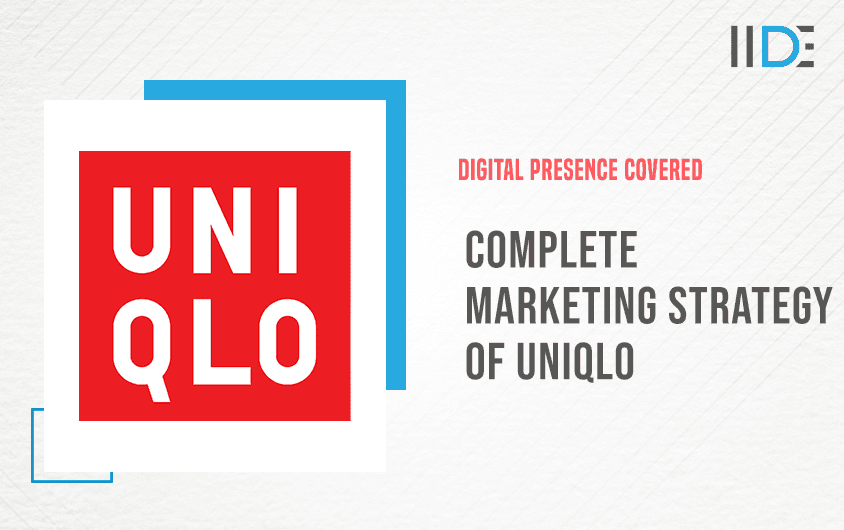
Updated on Aug 9, 2025
|3,157K+ views
Share on:
About Uniqlo
Founded by Tadashi Yanai, Uniqlo began as Unique Clothing Warehouse in Hiroshima in 1984 and has since expanded to over 1,900 stores globally.
Known for its high-quality, affordable everyday wear, Uniqlo is one of the fastest-growing apparel brands in Asia and beyond.
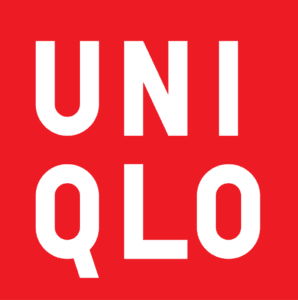
Famous for its premium knitwear and essentials, the brand delivers stylish comfort at reasonable prices.
With ambitions to become the world’s largest clothing retailer, Uniqlo is focusing on growth in the U.S., China, and online markets, steadily challenging fashion giant H&M.


Learn Digital Marketing for FREE


Marketing Objective / Business Challenge
Uniqlo aims to expand its footprint beyond Japan and China by making a stronger push into Western markets.
By incorporating elements of Uniqlo's marketing mix, it is increasing brand awareness through digital platforms while effectively communicating its “LifeWear” philosophy - clothing designed for everyday comfort and simplicity.
As it enters new territories, Uniqlo also strives to compete with fast-fashion giants like H&M and Zara by offering quality at accessible prices.
Additionally, the brand is doubling down on online sales in the post-COVID era, working to scale its omnichannel strategy and deliver a seamless shopping experience across platforms.
Buyers Persona:

Sakshi Sharma
Metropolitan Cities
Age: 20-25 year old
Motivation
- Wants affordable, high-quality wardrobe staples
- Looks for weather-smart functional wear
- Interested in Japanese fashion & minimalism
Interest & Hobbies
- Interest in elegant fashion apparel
- A fashion influencer on social media
- Loves affordability
- Always up with trendy fashion
Pain Points
- Fast fashion often lacks durability
- Hard to find clothes with both tech and comfort
- Needs inclusive sizing & easy return policies
Social Media Presence
- TikTok
- YouTube Shorts
Marketing Channels Used by Uniqlo
Uniplo's marketing strategy emphasises SEO-driven content to boost organic traffic and engage a global audience.
By creating valuable, informative content, the brand aims to educate consumers on its LifeWear philosophy while promoting its high-quality, everyday essentials.
This approach not only enhances visibility but also strengthens Uniqlo's connection with customers, driving both online engagement and brand loyalty.
Digital Marketing:
- SEO & Content Marketing
- YouTube Campaigns (e.g., “Science of LifeWear”)
- Influencer Collaborations on Instagram and TikTok
- Social Media Advertising
Traditional Marketing:
- In-store pop-ups & window displays
- Billboards (Times Square NYC, Tokyo Ginza)
- Print ads in fashion magazines
Omnichannel Strategy:
- Online + Offline Store Integration
- Mobile App with AR try-on and store locator
- “Click & Collect” services
Uniqlo Marketing Strategy Breakdown
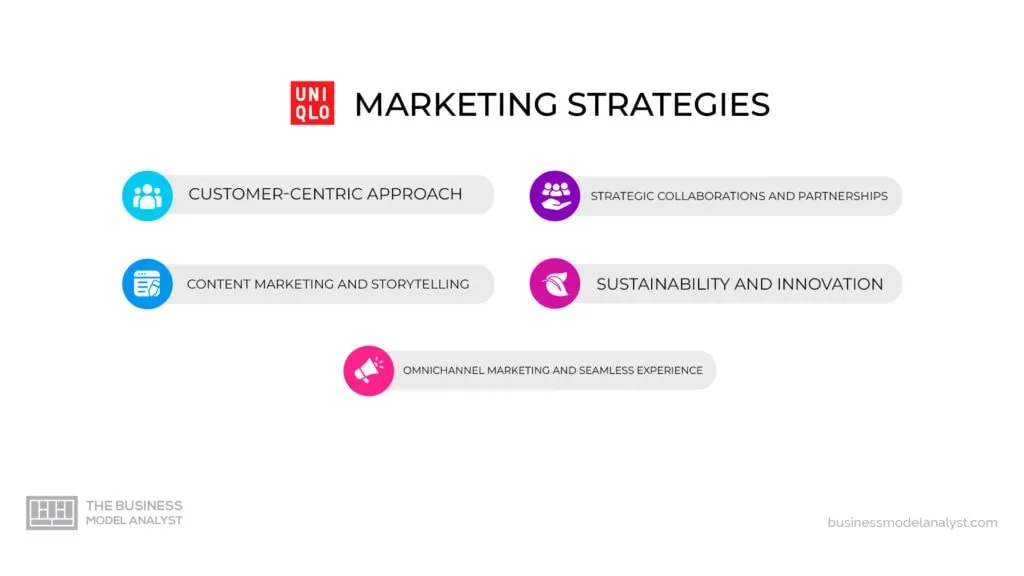
1. Digital Marketing & Content Strategy
- “LifeWear” content series to educate users on tech-fashion
- YouTube mini-documentaries (e.g., The Art & Science of Clothing)
- Region-based content (localised social handles)
2. Influencer Marketing
- Collaborations with micro-influencers, athletes, stylists
- Campaigns like “Uniqlo U Challenge” on TikTok
- Partnered with Roger Federer, Billie Eilish, and Hana Tajima
3. Social Media Strategy
- Instagram-first brand, clean visuals, UGC campaigns
- U.S. campaign: #UniqloLifeWear featuring everyday people
- Interactive Reels showing how to style basics
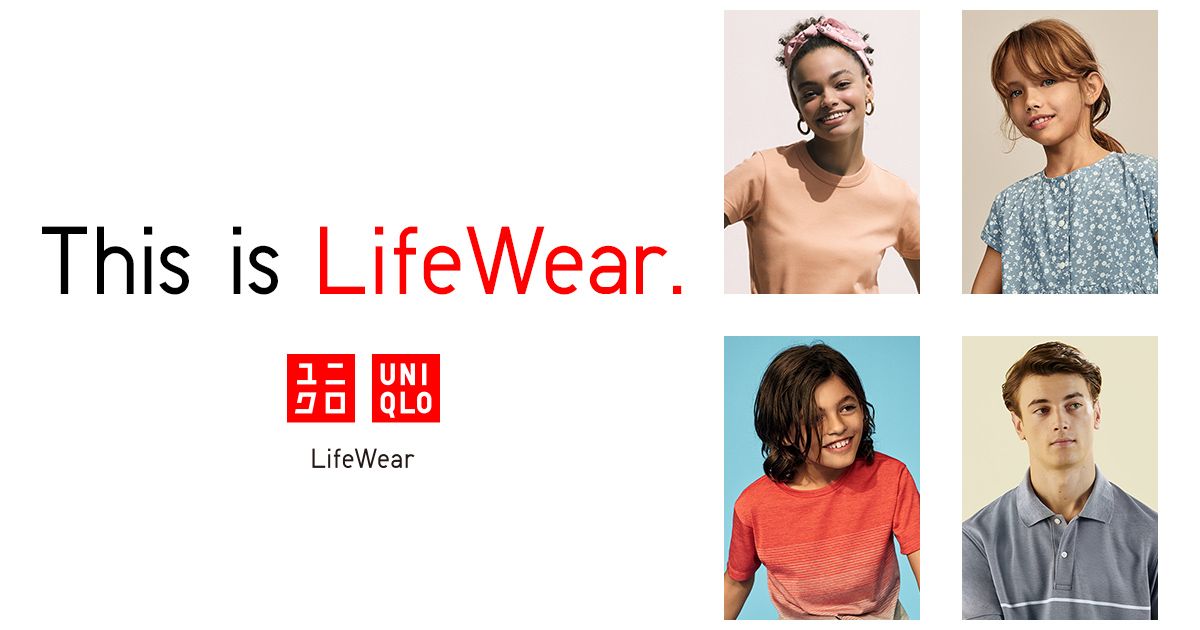
4. Retail Innovation
- AR-powered mobile app trials
- RFID checkout at stores
- Interactive mirrors in flagship stores
5. Sustainability Marketing
- “ReUniqlo” Program to recycle worn garments
- Eco-friendly collections: BlueCycle Jeans, Dry-Ex fabric
- Transparent sustainability reports shared online
Results & Impact
- Uniqlo ranked among the Top 10 Global Apparel Brands by BrandZ
- It achieved $19.4 billion in revenue in 2023 (Fast Retailing Group)
- It has 3.2M+ Instagram followers, including global handles
- Its TikTok campaigns generated 250M+ views globally
- Its App downloads crossed 10M with a 4.7+ rating on the Play Store
What Worked & Why
- Strong storytelling focused on functionality, not fashion trends
- Cultural localisation in ads (e.g., different creatives for Japan vs. NYC)
- Partnering with value-aligned global icons like Federer and Pharrell
- Bridging offline and online journey through seamless omnichannel UX
What Didn’t Work & Why
- Slow adoption of D2C eCommerce in some Western markets
- Underperformance in India due to limited sizing, localisation
- Less aggressive discounting compared to Zara and H&M
- Lack of trendy “drop culture” made Gen Z less hooked initially
IIDE Student Recommendations: Key Areas for Brand Improvement
Local Customisation: UNIQLO should increase its efforts in customising product lines for different regional markets, ensuring they reflect local tastes and preferences. This could improve their connection with specific target audiences.
Better Use of User-Generated Content: While the brand uses influencers, incorporating more user-generated content (UGC) in campaigns could lead to stronger engagement and authenticity. For instance, featuring real customer stories on the brand's website and in social media could resonate better with local communities.
Improved Social Media Innovation: UNIQLO could enhance its social media strategy by experimenting with newer platforms like TikTok, which is gaining popularity among younger audiences. Short-form videos and collaborations with up-and-coming influencers could drive more visibility.
Want to Know Why 2,50,000+ Students Trust Us?
Dive into the numbers that make us the #1 choice for career success

MBA - Level
Best For
Fresh Graduates
Mode of Learning
On Campus (Mumbai & Delhi)
Starts from
Mar 2, 2026
Duration
11 Months
Live & Online
Best For
Working Professionals
Mode of Learning
Online
Starts from
Feb 20, 2026
Duration
4-6 Months

Online
Best For
AI Enthusiasts
Mode of Learning
Online
Duration
5 Months
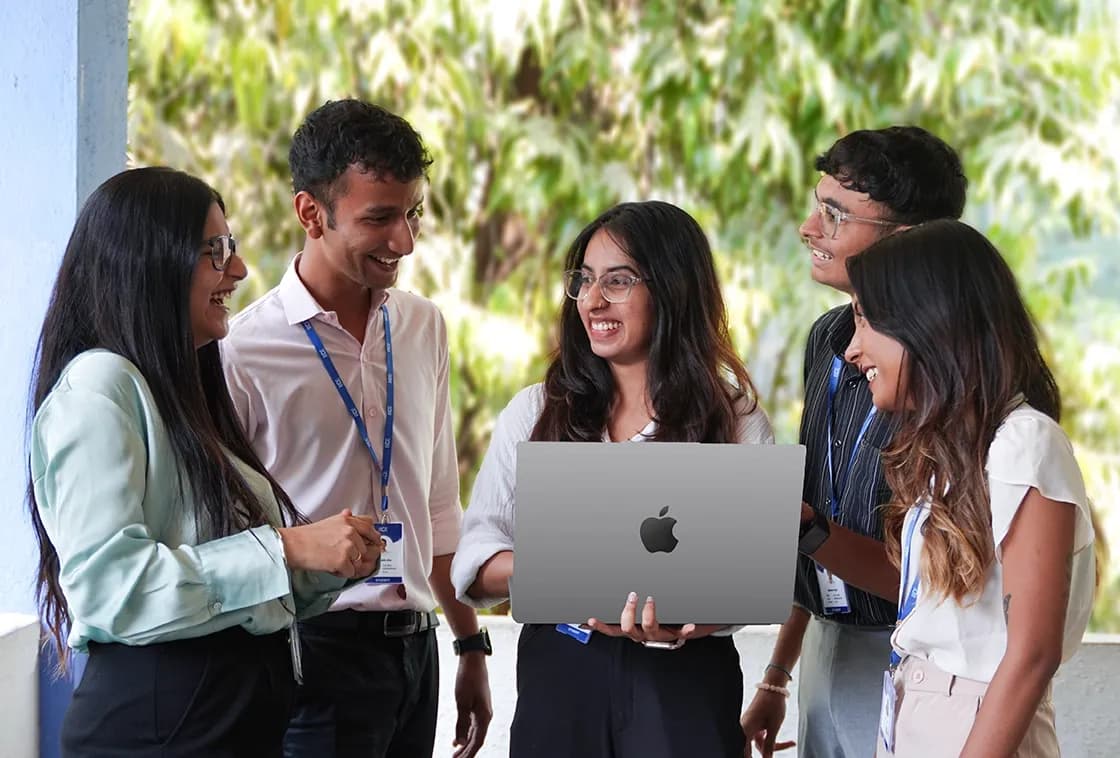
Offline
Best For
12th Passouts
Mode of Learning
On Campus (Mumbai)
Duration
3 Years
Recent Post
Aditya Shastri leads the Business Development segment at IIDE and is a seasoned Content Marketing expert. With over a decade of experience, Aditya has trained more than 20,000 students and professionals in digital marketing, collaborating with prestigious institutions and corporations such as Jet Airways, Godrej Professionals, Pfizer, Mahindra Group, Publicis Worldwide, and many others. His ability to simplify complex marketing concepts, combined with his engaging teaching style, has earned him widespread admiration from students and professionals alike.
Aditya has spearheaded IIDE’s B2B growth, forging partnerships with over 40 higher education institutions across India to upskill students in digital marketing and business skills. As a visiting faculty member at top institutions like IIT Bhilai, Mithibai College, Amity University, and SRCC, he continues to influence the next generation of marketers.
Apart from his marketing expertise, Aditya is also a spiritual speaker, often traveling internationally to share insights on spirituality. His unique blend of digital marketing proficiency and spiritual wisdom makes him a highly respected figure in both fields.